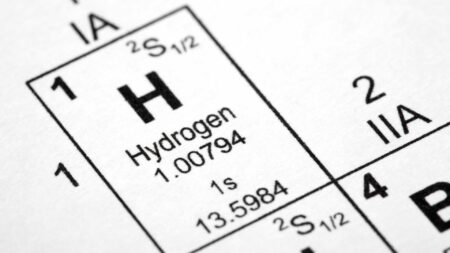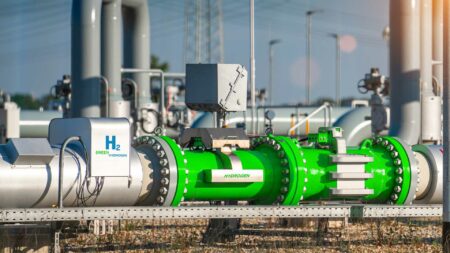Vila Velha de Ródão, a municipality in Portugal, is set to establish an industrial unit dedicated to the production of green hydrogen.
This initiative, backed by a significant investment of €161 million, aims to create job opportunities and contribute to the region’s economic growth. The local authority has recently signed a contract with DH2 Portugal, Lda, marking a crucial step towards the realization of this green hydrogen project.
The establishment of the industrial unit for green hydrogen production in Vila Velha de Ródão is expected to generate 60 direct jobs and an additional 200 indirect jobs. This significant boost in employment opportunities will have a positive impact on the local economy, providing stable income sources and fostering economic growth.
The local authority, as the owner of a 56,000 square meter plot of land in the Ródão industrial area, has entered into a promissory contract with DH2 Portugal, Lda. Under this agreement, the company will acquire the land for €100,000, facilitating the implementation of the green hydrogen production facility.
Green hydrogen, also known as renewable hydrogen, is produced using renewable energy sources such as wind or solar power. It is generated through the process of electrolysis, where water is split into hydrogen and oxygen. This clean and sustainable form of hydrogen holds immense potential as an alternative to conventional fossil fuel-based energy systems.
The production and utilization of green hydrogen have the potential to significantly reduce carbon emissions and mitigate climate change. Unlike traditional hydrogen production methods, which rely on fossil fuels, green hydrogen offers a carbon-neutral energy solution. By utilizing renewable energy sources, the production process becomes environmentally friendly, ensuring a clean and sustainable energy future.
The investment of €161 million in the establishment of the green hydrogen production unit reflects the growing global interest in this transformative energy sector. Vila Velha de Ródão’s proactive approach to embracing green hydrogen technology positions the municipality as a regional leader in sustainable energy solutions. This project has the potential to attract further investments, promote innovation, and create a thriving green economy.
While the prospects for green hydrogen are promising, several challenges need to be addressed for successful implementation. These challenges include the high initial capital costs, the development of efficient electrolysis technologies, and the availability of renewable energy sources in the region. Collaborative efforts between the public and private sectors, along with supportive policies and investments, are crucial to overcoming these hurdles.








